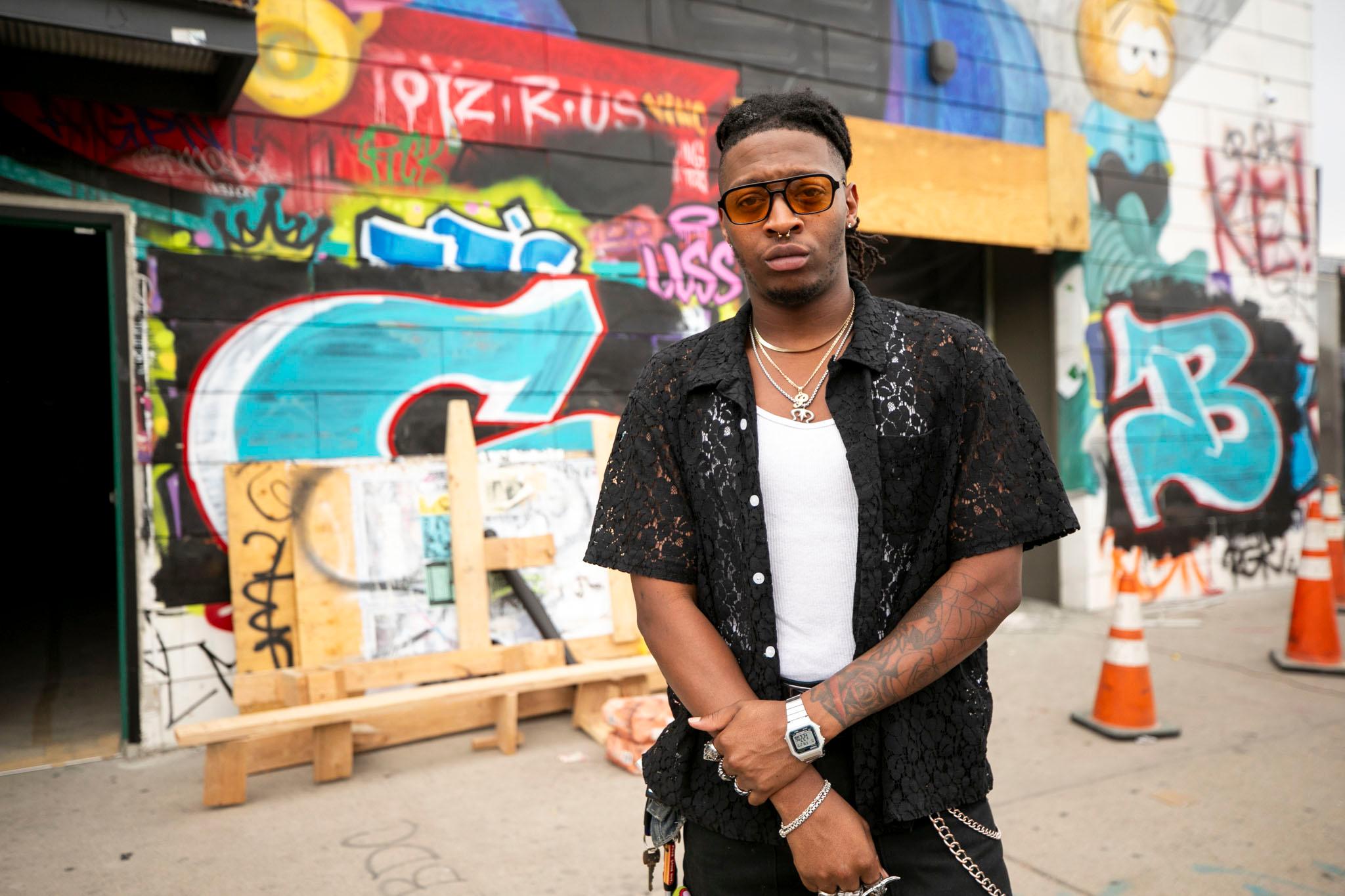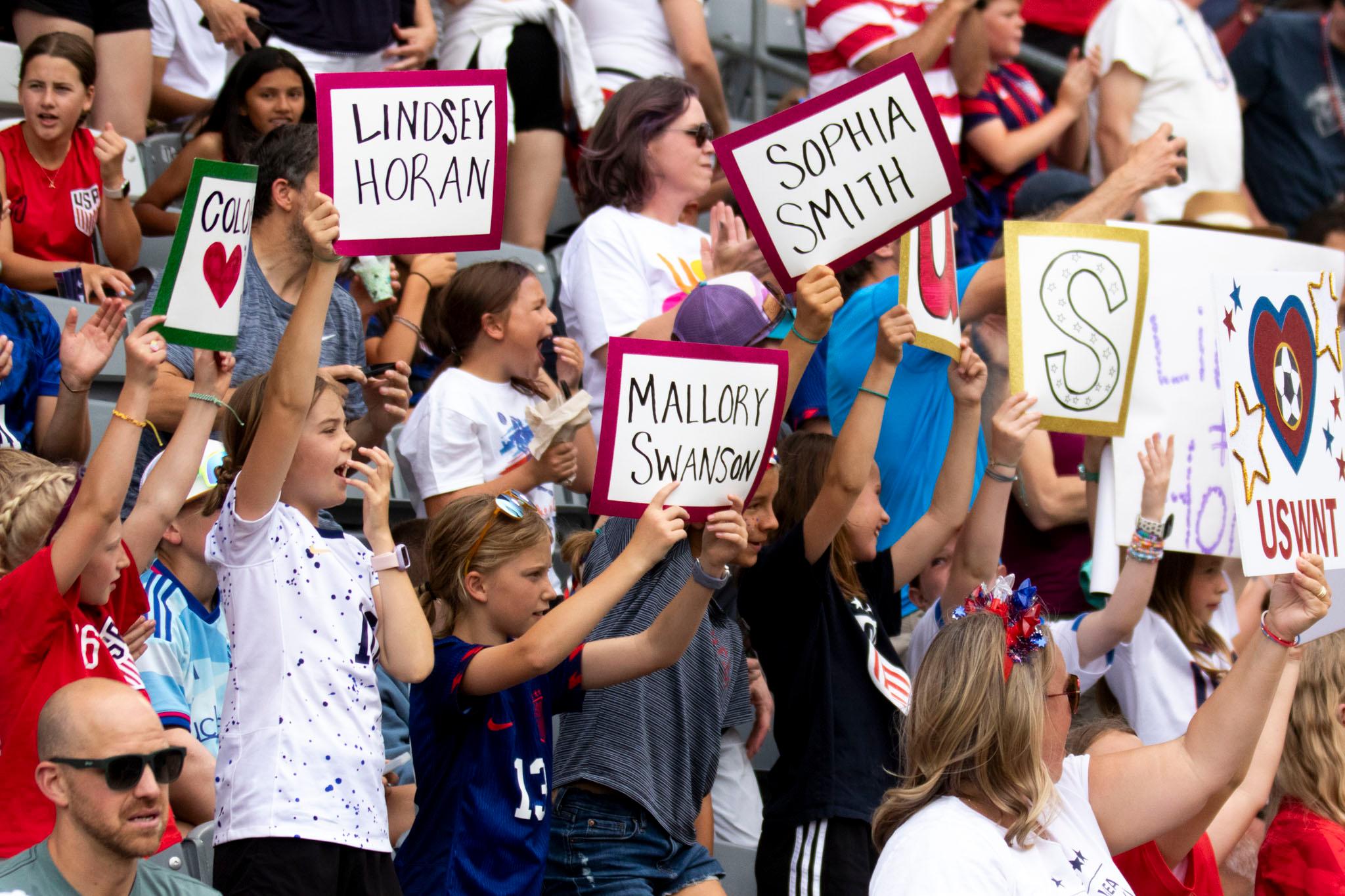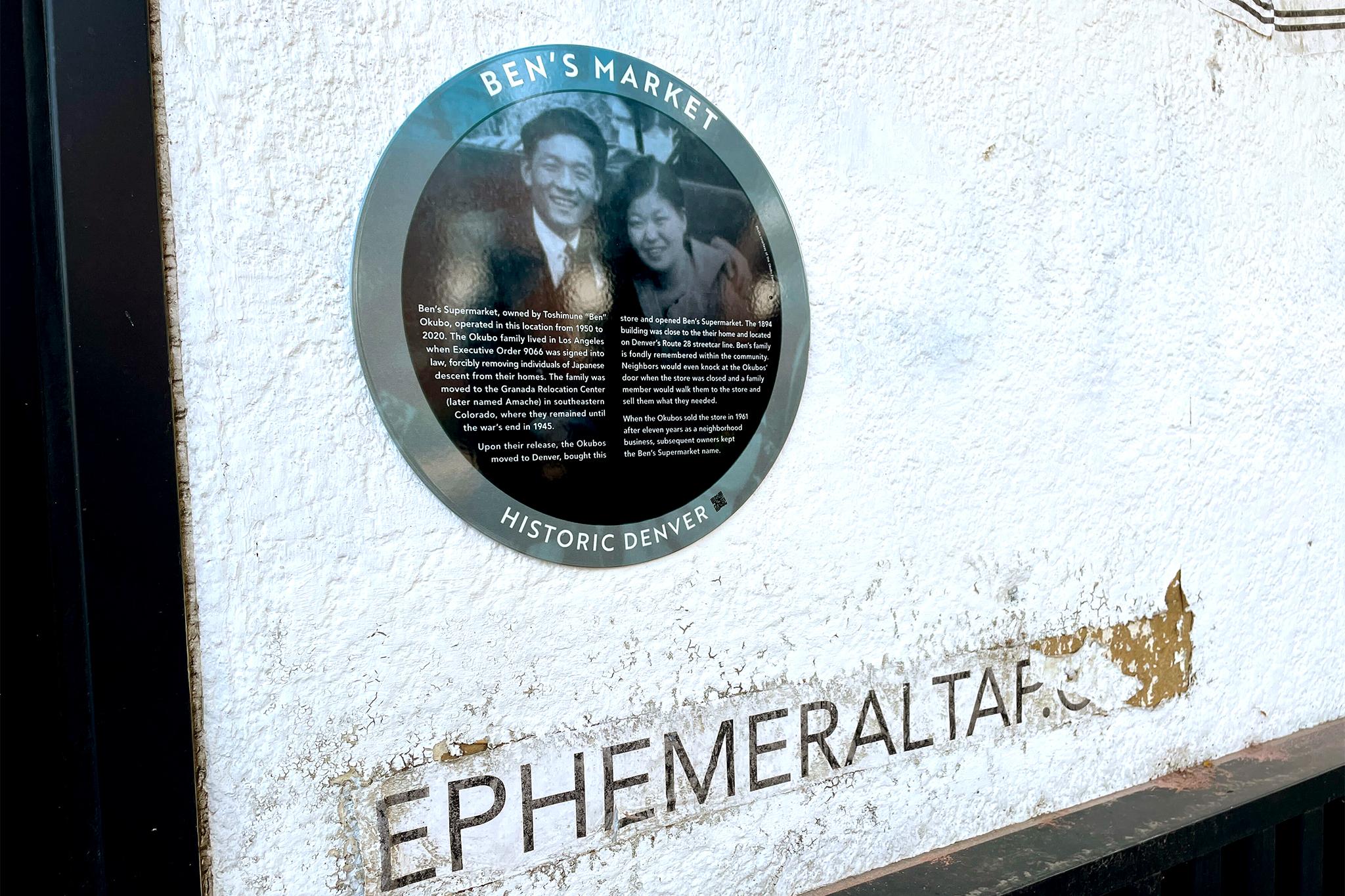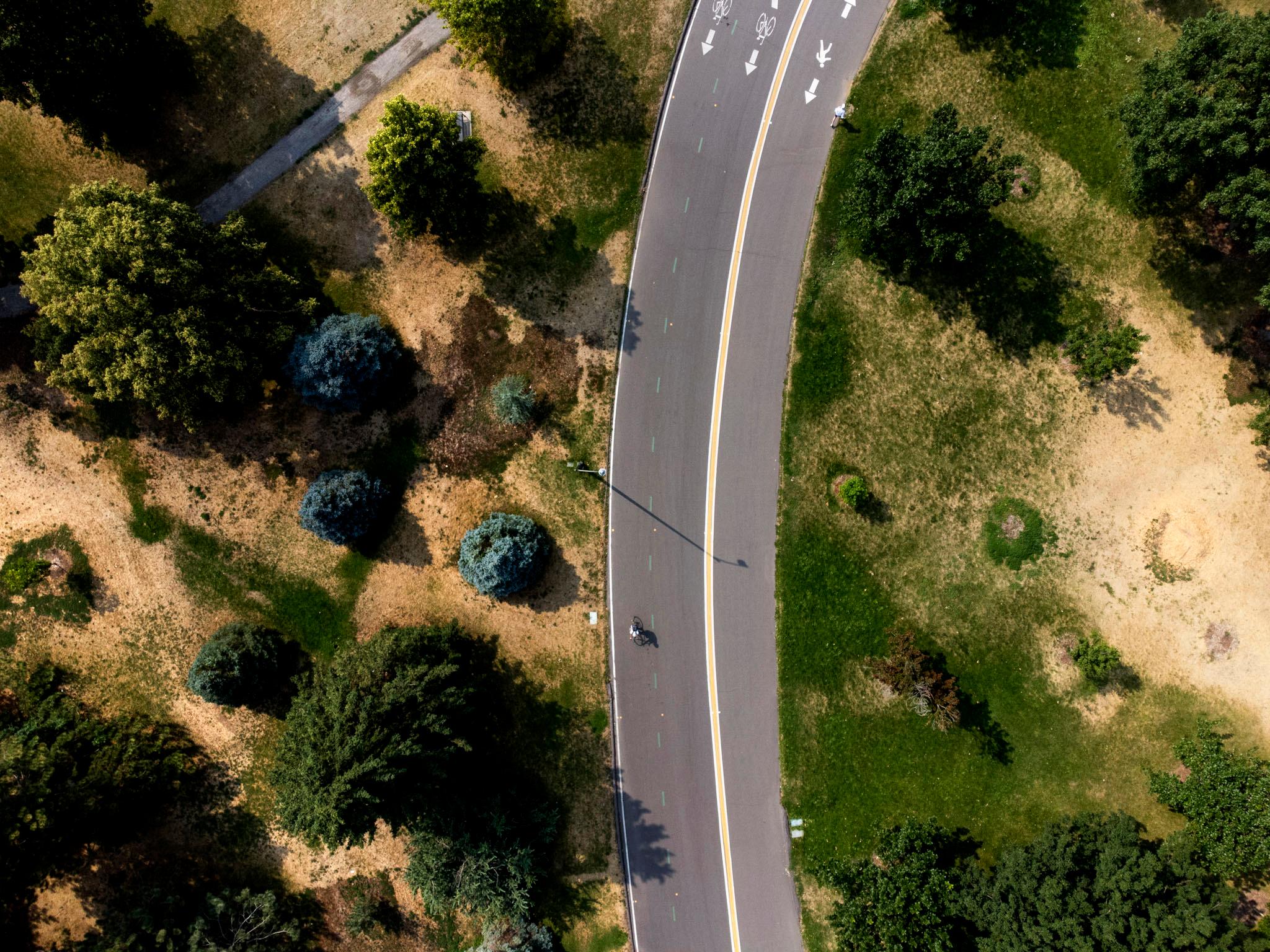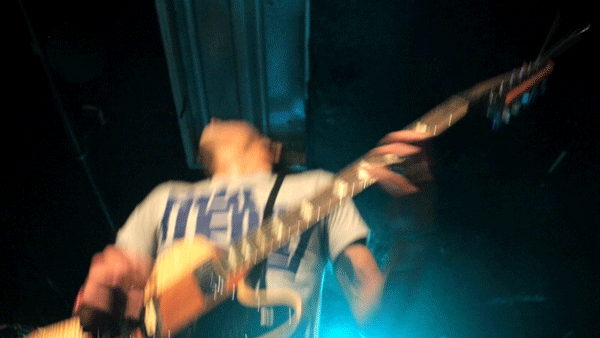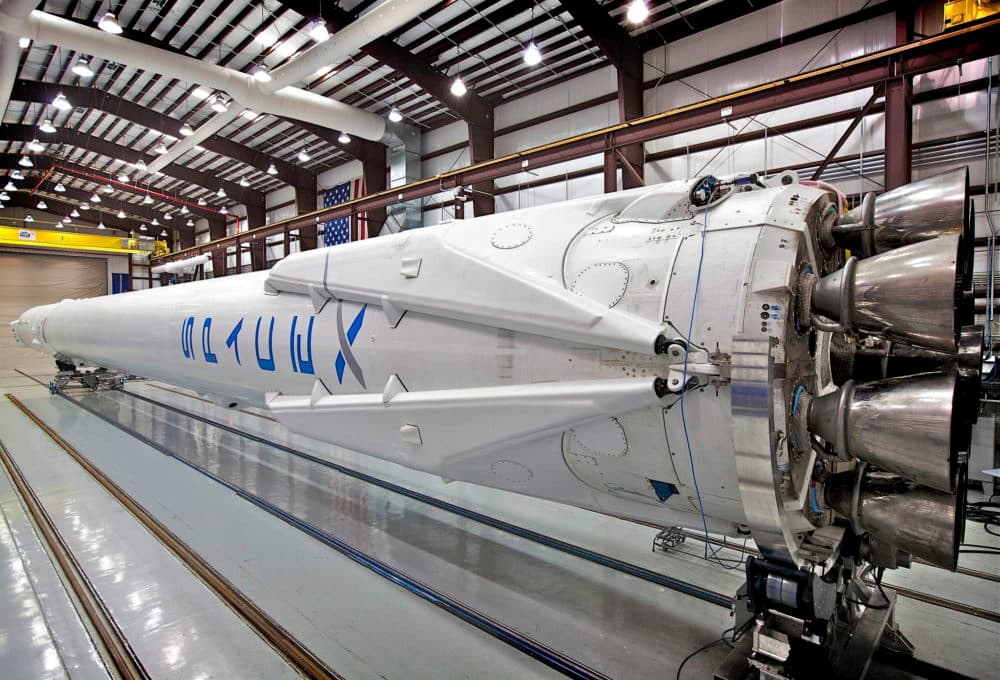
Elon Musk’s commercial aerospace company — and one of the field’s biggest disruptors — has secured a buyer for its first recycled rocket flight.
Luxembourg-based satellite operator, SES, a longtime customer of Musk’s SpaceX, will use SpaceX’s Falcon rocket to launch its next communications satellite into orbit. It will mark the first reuse of a rocket once used for an orbital launch. The launch will take place sometime this fall.
"Thanks for the longstanding faith in SpaceX," SpaceX chief Elon Musk said via Twitter. "We very much look forward to doing this milestone flight with you."
The chief technology officer at SES, Martin Halliwell, said SpaceX's testing for the upcoming mission gives his company "full confidence." SES was the first commercial satellite operator to launch with SpaceX, back in 2013, he noted, and the satellite operator is excited to team up with SpaceX for another first.
"We believe reusable rockets will open up a new era of spaceflight," Halliwell said in a news release.
SpaceX says it can save considerable time and money by reusing the big, expensive parts normally left to sink at sea.
For its part, United Launch Alliance — the joint venture of Lockheed Martin Space Systems and Boeing Defense, Space & Security based in Colorado — agrees. Feeling the pressure from commercial aerospace companies, SpaceX in particular, ULA has embarked on its own initiative to build reusable rockets called “space trucks.”
SpaceX snagged an Air Force contract last year, breaking ULA's decades-long monopoly, Quartz reported.
But if reusable rockets are the future, SpaceX is ahead of the game.
Now, every time its unmanned Falcon flies, SpaceX attempts to land the first-stage, 15-story booster upright on an ocean barge or back at Cape Canaveral, Florida.
Since December, SpaceX has recovered at sea six boosters following liftoff. The company's single attempt to land a leftover booster launched from California, back in January, failed.
The first recovered booster now stands outside the company's Southern California headquarters.
Another private space company, Blue Origin, has been reflying a recovered rocket from Texas for months -- on suborbital test flights.
Multimedia business & healthcare reporter Chloe Aiello contributed to this story. She can be reached via email at [email protected] or twitter.com/chlobo_ilo.
Subscribe to Denverite’s newsletter here.

